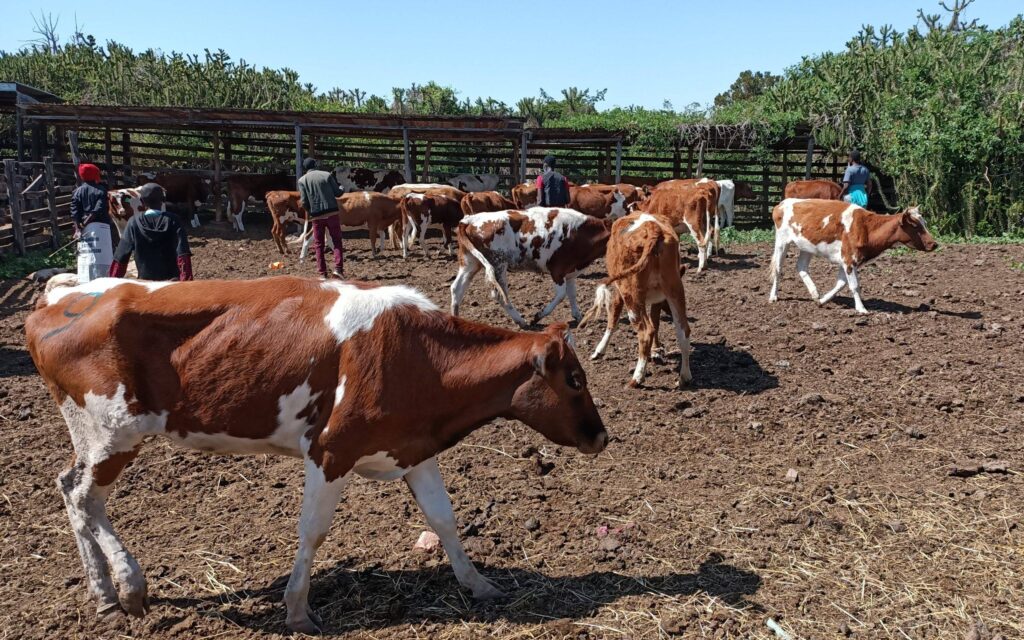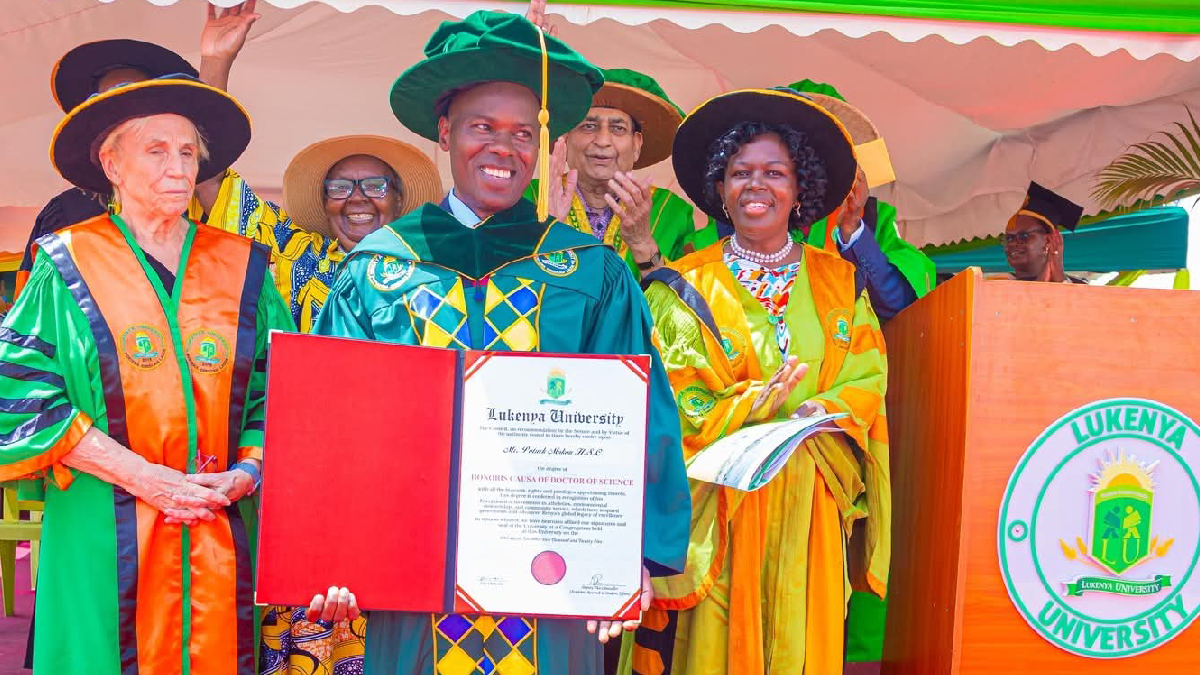Speaking on TV47’s The Insight, Dr. Heshborne Tindih, highlighted the vital role livestock vaccination plays in Kenya’s food security.
“We are dealing with a developing country, where we need food security.

If we lose that, we lose our future,” he stated.
Livestock vaccination ensures a stable supply of food and income, critical for a nation reliant on agriculture and livestock trade.
Prioritizing Diseases: The Case of the East Coast Fever
Tindih identified East Coast Fever as one of the most significant threats to livestock in Kenya, describing it as “the cancer of the animals.”
Transmitted by ticks, the disease causes severe fever, leading to death within 21 days if untreated.
The impact extends beyond mortality: infected cattle produce less milk, affecting nutrition and economic stability.
“If we lose the animals, we lose the trade, the money and the tax.”
Health Impacts on Humans
Livestock diseases like East Coast Fever also pose indirect challenges to human health.
“In the dairy industry, we rely on milk, and if the disease comes, there’s going to be a shortage,” Tindih explained.
This can lead to nutritional deficiencies, particularly in communities dependent on dairy products as a primary source of sustenance.
Testing and Approval of Vaccines
The rigorous process of testing and approving vaccines was another key point.
Tindih outlined the importance of adhering to good manufacturing practices, which include ensuring the quality of the vaccine, the materials used, and the competency of the staff involved.
These steps are critical to delivering safe and effective vaccines to farmers.
Creating Jobs and Boosting The Economy
Dr. Tindih also emphasized the economic benefits of protecting livestock.
“Let’s continue producing more jobs in the sector,” he urged, pointing to opportunities for young graduates and the ripple effects of safeguarding livestock.
“If we get their money, and it comes back to the economy, then the government is going to build us the infrastructure we need and the jobs for our children.”
Livestock vaccination, as Tindih highlighted, is not just about protecting animals—it’s about securing food security, boosting the economy, and creating a sustainable future for the country.











